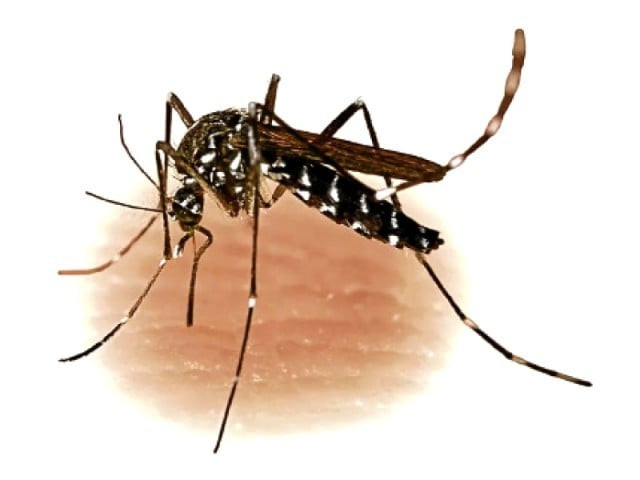Dengue fear — again
The dengue prevention centre must also seek help from researchers to identify the source of larvae growth

What we often see is that at the civic level, the local administration is negligent in dealing with solid waste and in data collection on the incidence of dengue. STOCK IMAGE
The good news is that the city administration has now started a fumigation drive in various areas. Hospitals have been instructed to maintain data on the number of patients coming in and share it with the centralised dengue prevention centre. While all these are necessary steps, there is also a need to address the issue on a larger scale. It is important to identify the areas where the dengue cases have been reported from and the fumigation drive must be intensified in these localities. The residents need to be advised on the prevention mechanisms they can adopt at the household level. The dengue prevention centre must also seek help from researchers to identify the source of larvae growth. Areas with huge piles of garbage or with bodies of water must be cleaned up to prevent dengue mosquitoes from breeding. In addition, citizens, at an individual level, must also ensure that they keep their neighbourhoods clean. What we often see is that at the civic level, the local administration is negligent in dealing with solid waste and in data collection on the incidence of dengue. There also seems to be a dearth of appropriately trained healthcare workers to control the spread of the disease. This needs to change before we have another public health emergency on our hands.
Published in The Express Tribune, April 24th, 2015.
Like Opinion & Editorial on Facebook, follow @ETOpEd on Twitter to receive all updates on all our daily pieces.



















COMMENTS
Comments are moderated and generally will be posted if they are on-topic and not abusive.
For more information, please see our Comments FAQ